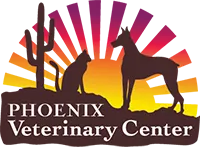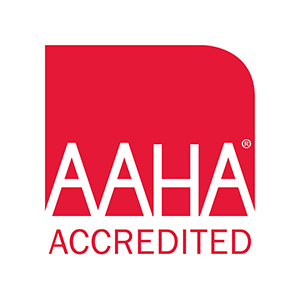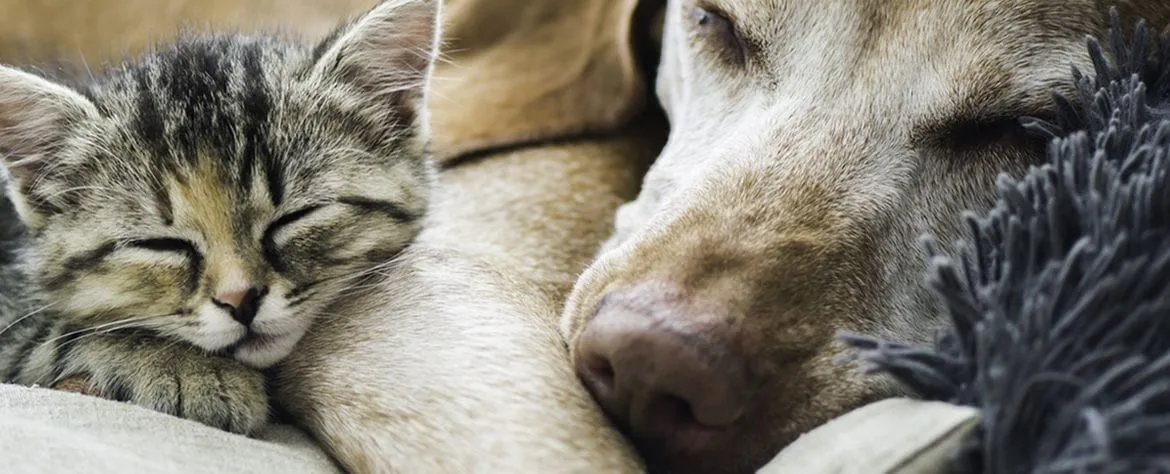The kickoff of National Poison Prevention week is Mar. 19th so we wanted to share some information with you to keep your pets safe, not only this week, but all the time. National Poison Prevention week was started in 1962 by president John F. Kennedy and has continued every year in the third full week in March. It was started in order to make people more aware of all the dangerous chemicals, medicines and poisonous things that could potentially be in their homes that they may not even realize.
There are many items in a house that can not only be dangerous to humans, but pets too. You probably already know about a lot of these, but this is a great time to refresh your memory and make sure your house is “pet proofed”.
Let’s start outside, there are so many plants and plant products that can be detrimental to pets that we don’t even realize. Some common plants that you should be sure to keep your pets away from include, chrysanthemums, daffodils, dieffenbachia (typically an inside plant), english ivy, sago palm, oleander, eucalyptus and tulips. Fertilizers and any pesticide sprays can also be extremely toxic so make sure you keep all of your gardening supplies locked away or stored in higher areas.
Now taking it inside, the dangers can be endless if you aren’t careful. Starting with electricity and lights. Cords and candles can be easily chewed on or knocked over so make sure any of these items are properly stored so pets can’t get to them. Cleaning supplies are also a big no no when it comes to pets. We think supplies are safe underneath cabinets or in the garage, but just like children, dogs and cats can be curious creatures and get themselves into places they don’t belong. Things like detergent (laundry and dishwasher), antifreeze for cars and any other cleaning supplies you may keep in your home can be extremely dangerous to pets if they ingest them. The best tip to avoiding any problems is to think like a new parent and lock everything up and out of reach.
Another extremely common toxin for pets to get into is medicine. While occasionally pets can benefit from human medicine (in small doses and with the correct supervision), prescriptions and over-the-counter medicines, ingested in large quantities, can be harmful to your pet’s health.
And of course there is always food to think about. So often we think that because we can eat something our pets can eat it as well. Here are just a few no no’s when it comes to human foods for dogs:
Chocolate
Cinnamon
Garlic
Ice Cream
Macadamia Nuts
Hopefully we have given you some insight on how to keep your pets safe and prepare for Poison Prevention Week. As always, if you have any questions about your pet’s health, please bring them in or call us at (602) 559-5500. It is also a good idea to have ASPCA’s Animal Poison Control Center hotline on your phone. That number is 1-888-426-4435.



